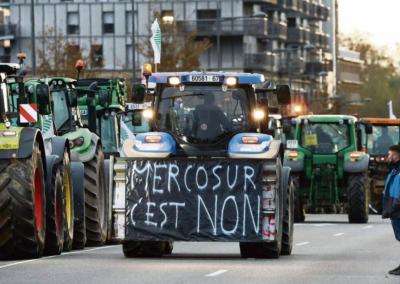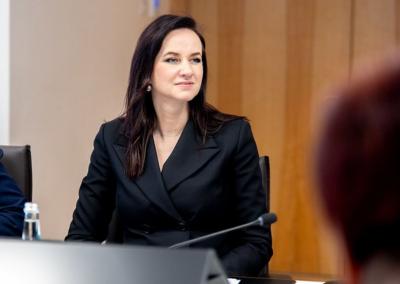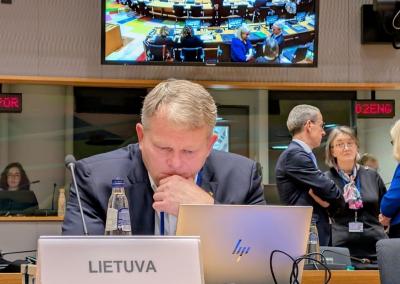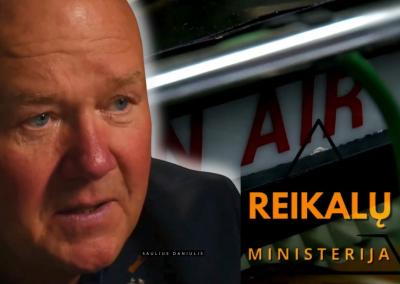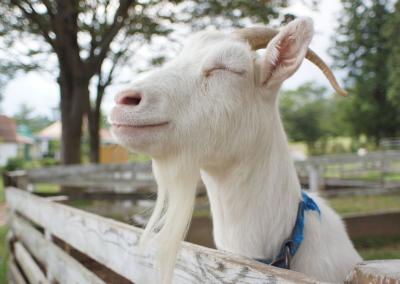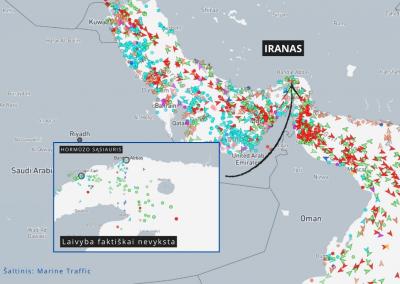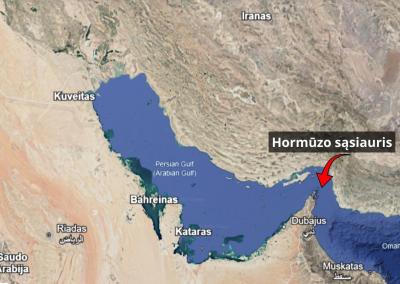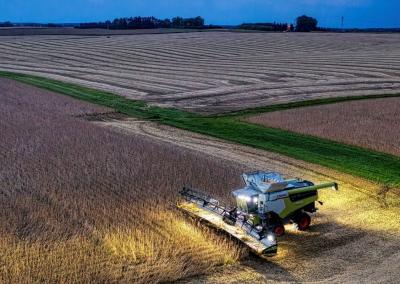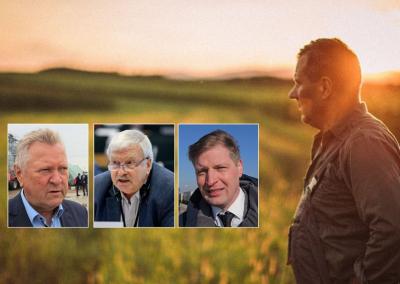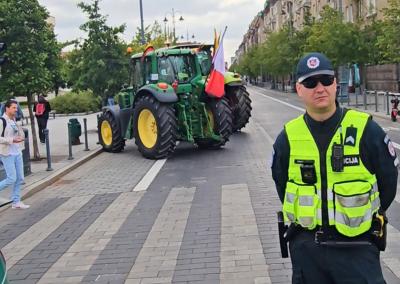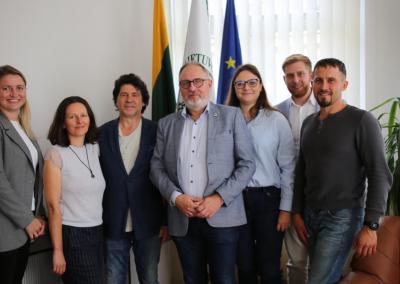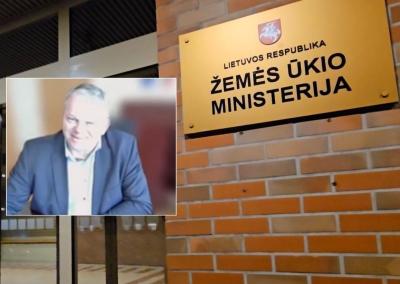Farmers on the brink - patience is running out but faith is smouldering
The good mood of Lithuanian farmers today is intertwined with weariness and disappointment. Some believe that the situation will improve, others are ready to give up. The beef cattle, grain and berry sectors are different, but they are united by uncertainty, the burden of bureaucracy and the feeling that the state, if it hears the problems, does not take decisive action to solve them.
Beef cattle farmers feel forgotten
„If someone was only thinking about giving up, now that more and more cases of blue tongue disease are emerging, they will start to think about it even more“, – believes Nerijus Gricius, Chairman of the Council of the Lithuanian Meat Cattle Breeders and Improvers Association (LMGAGA). He said that farming is not only becoming more complicated, but also less and less planned.
„We understand that business has risks, but this kind of jumping up and down is very disconcerting, especially in terms of prices. It seems not so long ago that prices had risen to a more reasonable level and the mood amongst cattle farmers was certainly not bad. But now they have fallen by around 30% and no one knows what to expect next," he says.
N. Gricius adds that, on top of all this, in the last 5 years beef cattle farmers have found it difficult to compete with arable or mixed farms and to score the required points for state and EU support.
Stagnation in the agricultural sector
„Quitting is always easier than starting. But the situation in agriculture is really not good – stagnation has set in“, says Audrius Vanagas, Chairman of the Lithuanian Grain Growers Association (LGAA), and adds that the mood is not improved by the rising prices of raw materials and fertilizers.
Another factor that makes farmers think about giving up is the weather cataclysms. According to Vanagos, this reduces both the quantity and the quality of the harvest.
„All this leads to lower incomes, which farmers need to survive. It is therefore not surprising that many farmers are faced with the dilemma of how to proceed, and there are always those who, when faced with similar difficulties, simply throw up their hands and give up," the LGAA chairman continues.
Bureaucracy is the biggest demotivator
„What is most demotivating is the previous government's complete disregard for the beef cattle sector. The bureaucratic burden has been extremely heavy, whether the farm is small or large – from veterinary requirements to the filling in of all sorts of registers. Paradoxically, farming itself seems to take less time than the bureaucratic requirements," says Mr Gricius.
He is echoed by Tautvydas Gurskas, Chairman of the Lithuanian Berry Growers Association (LUAA).
„You are a small farmer, but you have to answer like a huge concern with your produce, both in processing and storage. I wish things were simpler, because it is much harder for rural people to match the level of a large concern. The impression is that with the huge requirements, there is a kind of destruction of small farms“, – he says, and specifies that berry, vegetable and fruit growers can help villages to survive.
A grain farmer with 100 hectares of land can work alone with his machinery, while a whole village will come to work on 100 hectares of berries or fruit, says Gurskas. „I would like to see this encouraged“, – stresses the President of LUAA.
Does the government (not) hear?
„There are meetings, dialogue, it seems that they hear, but the work has not really started yet. That is why we are looking forward to seeing not only talks but also decisive decisions being taken," says N. Gricius about whether the state really hears farmers and their problems.
He is echoed by A. Vanagas, who also points out that there are politicians who say one thing but do the exact opposite.
What needs to change to make farming an attractive and viable business? Listen to the social partners and the government to take more urgent and decisive decisions. We need to strengthen Lithuanian agriculture not only with words, but also with deeds and actions“, – N. Gricius reiterates.
„If the government thinks that food will grow on its own and that there is no need to motivate young people and current farmers, then everyone will turn away from this business. And if people feel that they can earn money not only on bread but also on butter, then they will go and work. We need to change our attitude from chasing and hitting with a stick to just helping," Gurskas believes.
A. Vanagas also pointed out that the state would like to see a policy based on motivation and encouragement rather than prohibitions.















